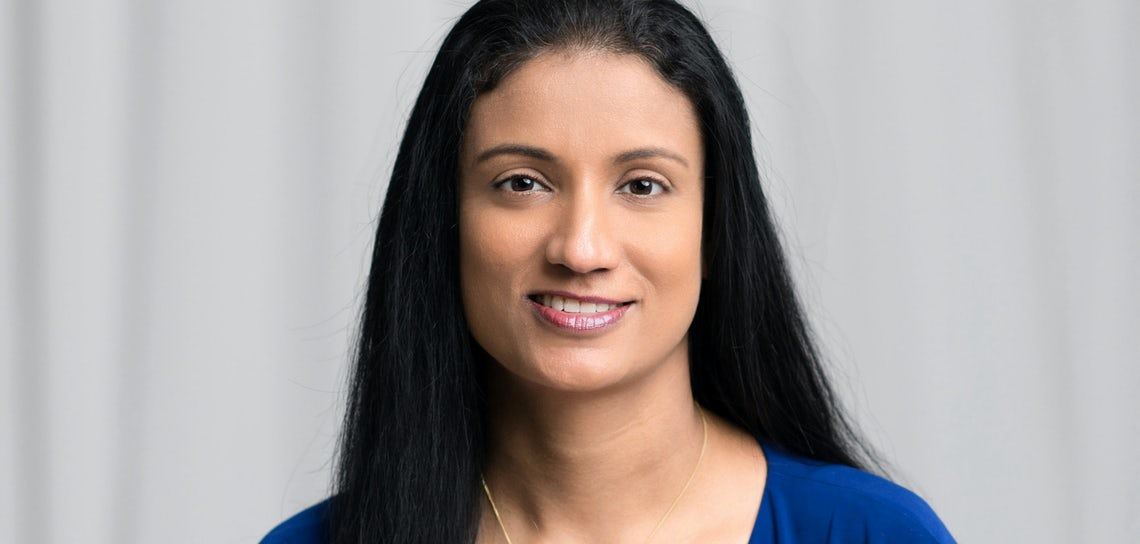 Ekam is a Sanskrit word meaning “one” or “unity,” an ancient reminder too often forgotten in modern times—that everyone, no matter the years to their name or money in their pocket, deserves to be treated with optimum care and dignity. This is exactly the philosophy upheld by local gastroenterologist Neelima Reddy and her close friend Sailakshmi Balijepalli, the latter of whom founded the Ekam organization working to provide top-quality healthcare to mothers and children in some of India’s most disadvantaged villages.
Ekam is a Sanskrit word meaning “one” or “unity,” an ancient reminder too often forgotten in modern times—that everyone, no matter the years to their name or money in their pocket, deserves to be treated with optimum care and dignity. This is exactly the philosophy upheld by local gastroenterologist Neelima Reddy and her close friend Sailakshmi Balijepalli, the latter of whom founded the Ekam organization working to provide top-quality healthcare to mothers and children in some of India’s most disadvantaged villages.
Started abroad by Balijepalli in 2009, Ekam saw its beginning while the India-based pediatrician worked in a poorly funded government hospital in Hyderabad. There, as in many other public hospitals in the country, children too often died preventable deaths due to lack of working equipment or ample medications. The infant mortality rate soared above the world average, and new mothers risked succumbing to complications which might be easily treated elsewhere.
“Even by the end of the day, after her rounds, Sailakshmi would find out that one or two of the children she had treated had already died from lack of basic facilities,” says Reddy, who founded the U.S.-based branch, Ekam USA, in 2016. “She knew that she couldn’t wait for the government to come in and fix all of this, so she decided to quit her job and create a nonprofit to help these
families get the funds they need.”
In these villages, a little goes a long way. “In America, $20 can’t do a whole lot in healthcare,” says Reddy. “But in India, $20 can cover a child’s screening costs for an entire month.”
Since Ekam’s inception, more than 12,000 children in thousands of villages have been supported—and saved—through its funding, medical equipment maintenance, and regional officers guiding community education and skill development. Even government and private hospitals have outsourced medical staff training services to the organization.
Last year, Reddy’s stateside fundraising efforts raised $40,000 and provided medical support to more than 900 children in India.
“So far, estimates say that Ekam has halved the infant and maternal mortality rates in the villages it serves,” says Reddy, “and in just a handful of years, too.”
As more word gets out about Ekam and its services, Reddy hopes that its impact will only continue to grow.
“Sailakshmi has dedicated her whole life to this cause,” she says. “She keeps her hair short and chooses not to wear makeup just so that she can get up and go to work faster in the morning. But if something as simple as $20 a month can save a child, I can see how easy it would be for any of us to touch someone’s life.” ekamusa.org
